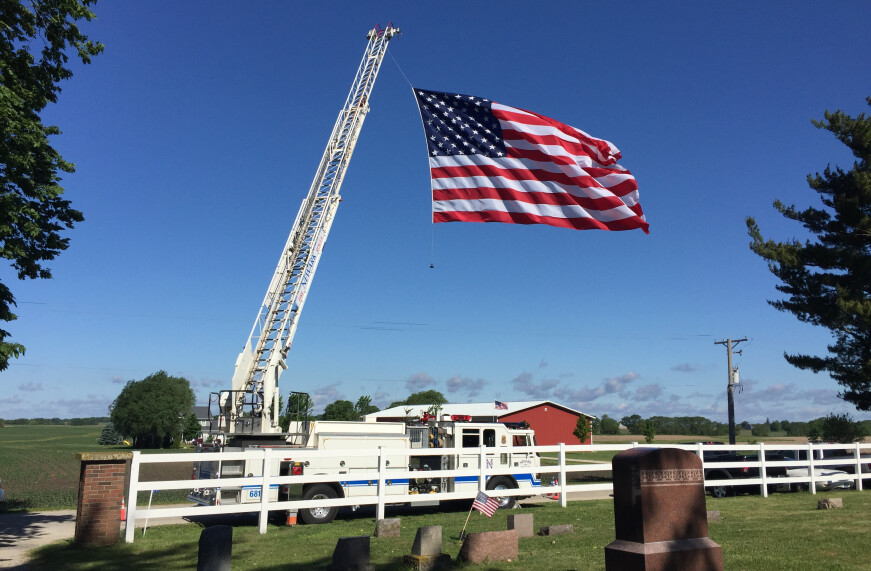Worshippers Look for Experience
Having laid the foundation of revelation to worship, we may now safely say that worshippers look to experience this God who has revealed himself, and rightly so. Modern worshippers should remember that the experience of God’s presence is an ancient quest as well as a present one; that is to say, today’s worshiper is not the first worshiper. Worship isn’t my idea or your idea; it’s God’s idea, given to his people throughout the ages. We aren’t the first to think about worship; nonetheless, our aim to worship him today is important. Here are some guidelines for experiencing God today in light of revelation:
- Experience the Guide: The ministries of the Holy Spirit guide worshippers into a life of the true worship of the Triune God. The Holy Spirit restrains (2 Thess. 2:6–8), reproves (John 16:8–11), regenerates (John 3:3–7; Titus 3:5), indwells (John 7:37–39; 14:16–17; Acts 10:44–47; Rom. 8:9; Gal 4:6; 1 John 4:13), illuminates (1 Cor. 2:6–14), intercedes (Romans 8:26–28), baptizes (Mark 1:8; John 1:33; 1 Cor. 12:13), seals (Eph. 1:13–14; 4:30), fills (Eph. 5:18), gifts (1 Cor. 12), and teaches (John 14:25–26, 16:12–15). His aim and direction for you always leads to Jesus Christ. We hinder the Spirit’s ministries when we grieve him (Eph. 4:30), quench him (1 Thess. 5:19), attempt to lie to him (Acts 5:1–11), or do harm to the church (1 Cor. 3:16–17).
- Experience the Posture: Maturing faith is the correct posture for experiencing God as a worshipper (Ps. 95; 1 Cor. 2:6–3:3). A “natural person” has no faith; the things of God are foolish to him or her. The carnal person needs to return to the trajectory of maturity. However, those who are spiritually maturing in faith are experiencing what “no ear has heard, nor eye has seen, nor the heart of man imagined, what God has prepared for those who love him.”
- Experience the Attitude: Maturing love for God is the correct attitude for experiencing God as a worshipper (Deut. 6:1–9; Matt. 22:37–40; 1 Jn. 3). God’s love for us gives us hope (Rom. 5:1–5); our love for God opens our souls to awe, to thanksgiving, to obedience, and to proclamation.
- Experience the Service: Maturing in grace creates an important kind of gratitude needed for worship’s work (Heb. 12:28–29). Grace-caused gratitude matures us into Christ-centered servants, contagious servants, creative servants, courageous servants, and confident servants.
- Experience the Community: Jesus’ work and the ministries of the Spirit decentralized worship (Jn. 4:23–24); that is to say, there are many local “temples” rather than one geographically limited Temple (Eph. 2:11–22); the mission goes with all of these local churches; the presence of God travels with all of these local churches; the gospel truth is accessible to any local, believing assembly; the glory of God shines from all of these local congregations; and God’s revelation is available to all of these gatherings. God is with these decentralized communities of believing worshippers all over the globe, including us (Heb. 10:24–25), who bear the essential marks (Othodoxy, Order, and Ordinances) and works (Exaltation, Edification, and Evangelism) of a local church.
- Experience the Glory: The glory of God is the chief goal of humans and the end goal of all things (Ps. 96; Matt. 6:9–13; 1 Cor, 10:31; 1 Pet. 5:10; 2 Pet. 3:18). As worshippers, we wish to experience the pleasant heaviness of the glory of God (all he is and all he has done), and as aliens here and citizens of another kingdom, we carry the heavy burden and longing for a glory that we only see by faith, not yet by sight.

